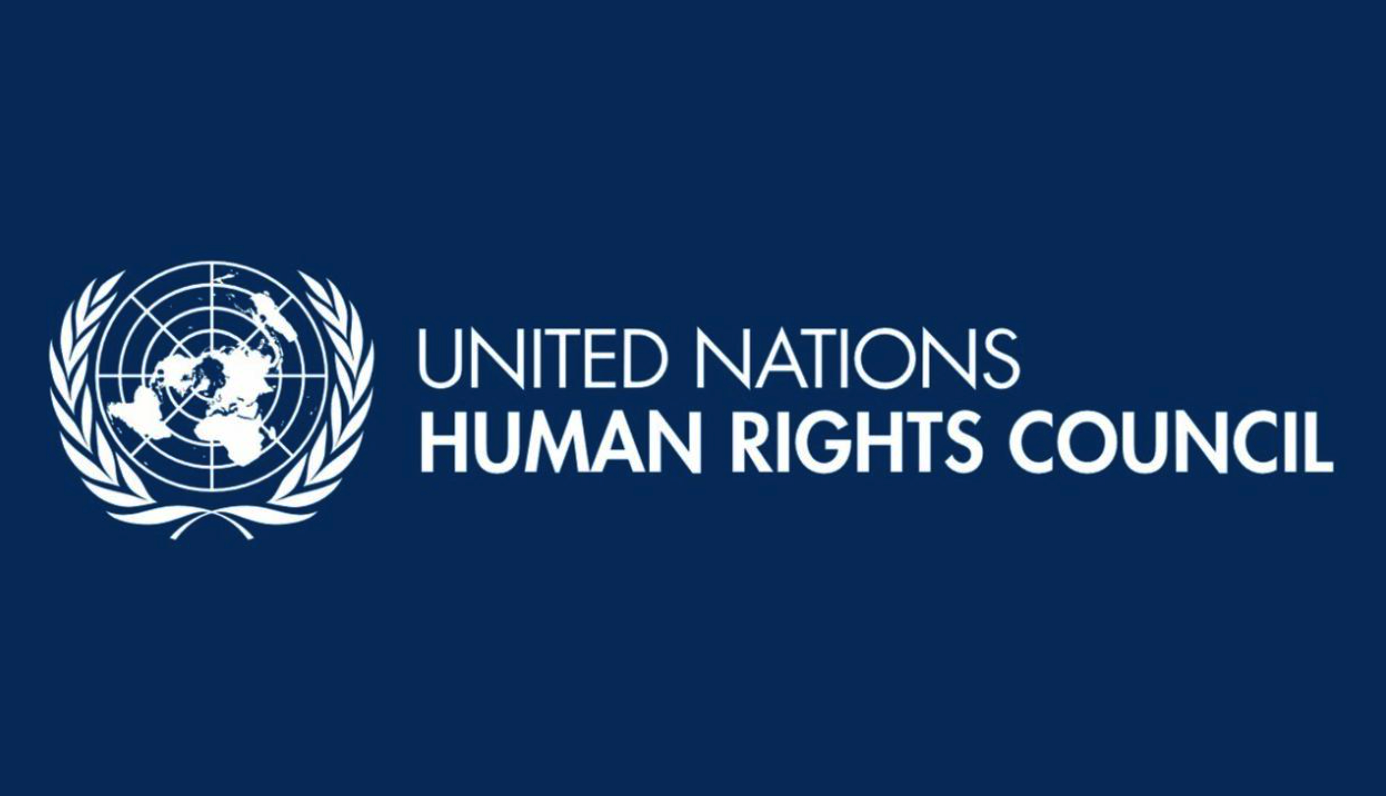India Abstains from UNHRC Resolution on Gaza Ceasefire

- 06 Apr 2024
Why is it in the News?
India recently abstained on a resolution at the Human Rights Council that called on Israel for an immediate ceasefire in Gaza.
India's Voting Pattern on Israel-Palestine Issues at the UNHRC:
- India's stance on the Israel-Palestine conflict has been reflected in its voting behavior at the United Nations Human Rights Council (UNHRC).
- While India has voted in favor of resolutions criticizing Israel for human rights violations, occupation of the Syrian Golan, and affirming Palestinian self-determination, it has also abstained from certain resolutions.
- In a significant development, India abstained from a resolution calling for an immediate ceasefire in Gaza and an arms embargo on Israel.
- This decision followed instances of violence, including the killing of aid workers and airstrikes.
- India's abstention is believed to be in line with its previous votes on resolutions involving "accountability."
- India's approach indicates its belief that both parties should be held accountable for their actions.
- As a result, it refrains from supporting resolutions that single out one side for condemnation.
- By taking a balanced stance, India aims to promote peace and stability in the region while advocating for the rights of all parties involved.
About the United Nations Human Rights Council (UNHRC):
- The United Nations Human Rights Council (UNHRC) is an inter-governmental body established by the United Nations General Assembly (UNGA) in 2006.
- Headquartered in Geneva, Switzerland, the council serves as a key platform for addressing human rights issues globally.
- The High Commissioner for Human Rights serves as the principal human rights official within the UN system.
- The council convenes three times annually to address human rights violations worldwide.
Membership:
- Comprising 47 member states, the council is responsible for promoting and safeguarding human rights across the globe.
- Member states are elected individually via secret ballot by a majority vote of the General Assembly.
- The election of members occurs within geographical groups to ensure equitable representation.
Tenure:
- Council members serve for a term of three years and are not eligible for immediate re-election after two consecutive terms.
The UNHRC's primary functions include:
- Promoting universal respect for human rights and fundamental freedoms.
- Addressing violations of human rights, including gross and systematic violations.
- Developing international human rights law and making recommendations to the UN General Assembly.
- Conducting investigations into alleged human rights abuses through special rapporteurs and working groups.
- Reviewing the human rights records of all UN member states through the Universal Periodic Review process.
